


Every year, in different cities around the world, MIT’s global City Science network brings together its researchers and professionals to explore urban research, data technology, and science communication.
In 2025, the prestigious MIT City Science Summit will be hosted by our City Lab Biobío, in Gran Concepción. From Tuesday, October 7 to Friday, October 10, Biobío will become the meeting point for over 150 researchers from Taipéi, Shanghái, Israel, Andorra, Gipuzkoa, Hamburgo, Toronto, Cambridge, Guadalajara y Chile.
This will be the first time we’ll be discussing cities in transition in the Global South.

Cities in transition
We live on a planet that’s constantly changing. Technology, data, and science are accelerating social, environmental, economic, urban, and territorial transitions like never before. Can we actually plan these transition processes in our cities? Zoning laws, regulations, and urban planning tools are static instruments, but we need to move toward a more dynamic and innovative way of organizing our cities—one that allows us to actively shape and respond to the everyday experiences of the people who live in them.
In this context, Concepción is the perfect setting for these conversations for two key reasons: (1) because its planning tools are currently undergoing an update, and (2) because we see the city of Concepción as an ideal place to test and experiment with new ideas, platforms, and innovations that simply wouldn’t yield the same results elsewhere.

Fernando Pérez Barrientos
Principal Director City Lab Biobío
General Schedule



Our allies
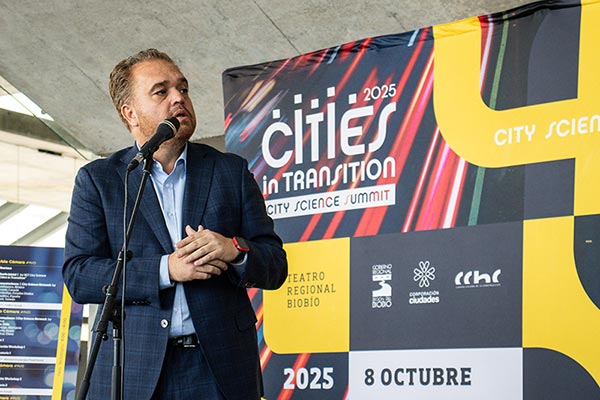
“Having Biobío host a scientific event of this caliber is a huge opportunity for the region. It will allow us to learn from nine world-renowned cities while also engaging them in the search for solutions to our own regional challenges.”
Sergio Giacaman,
Governor Región del Biobío
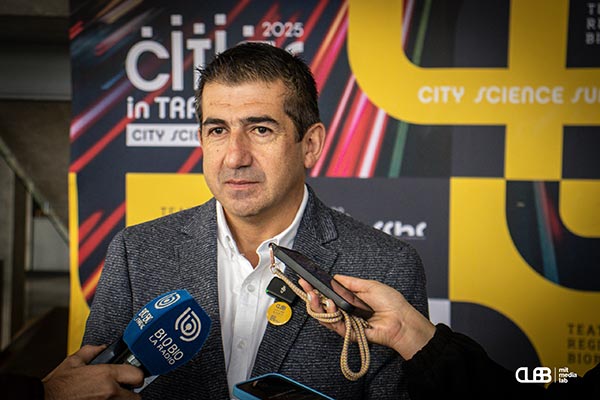
“The idea is to bring together experts from around the world for a gathering where we can talk about infrastructure, commerce, real estate, social housing, and how to involve communities (…) so we can build a more balanced city for the future”.
Jorge Coloma,
President CChC Concepción
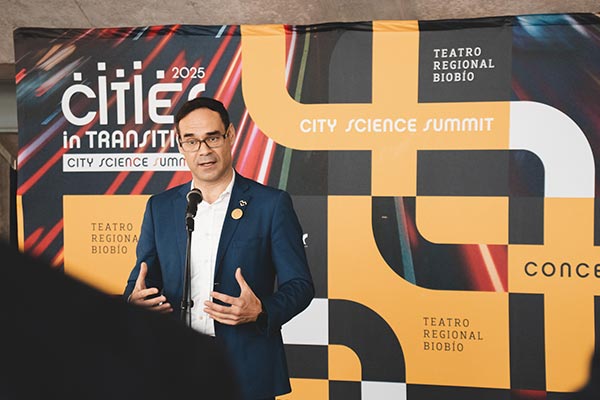
“We’re going to start tackling challenges that truly matter in the region. MIT will connect the entire network with regional issues—we want to learn from everyone and foster collaboration among people who don’t usually work together, because that’s what innovation is all about.”
Luis Alonso,
MIT City Science Research Scientist
The Teatro Biobío will be the hub forMIT City Science Network.
Researchers from the MIT City Science network will gather at Chile’s leading cultural center to share the latest innovations in urban research. Inside the Teatro Biobío, Cities in Transition will feature an exhibition in the Main Hall, a showcase of tech startups on the second floor, and immersive installations created by the MIT City Science network and City Lab Biobío.
Looking ahead to Cities in Transition
Together with the global City Science network, we tackle local challenges using cutting-edge technology.
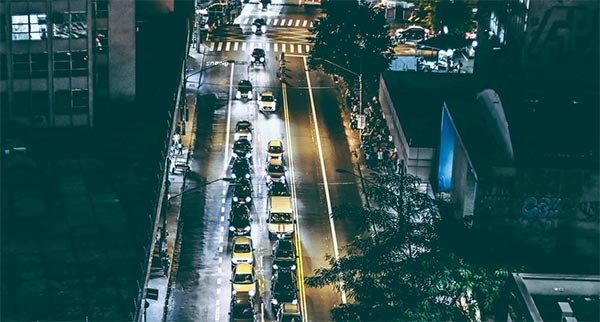
Movility
Together with the City Science Lab @ Gipuzkoa, we’ll be studying mobility patterns in San Pedro de la Paz, using the Mobility Mode Choice Model originally developed for San Sebastián.
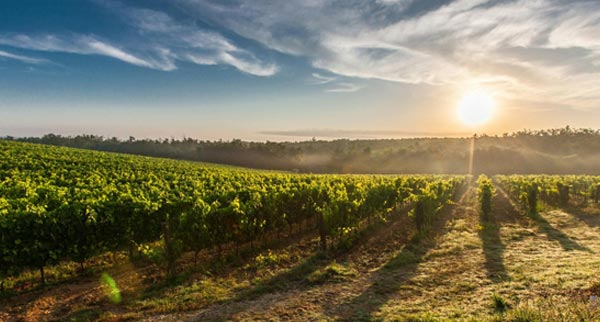
Wine tourism
The City Science Labs @ Taipei and @ Andorra will be working on an AI agent-based model to enhance wine tourism routes in the Biobío Valley.
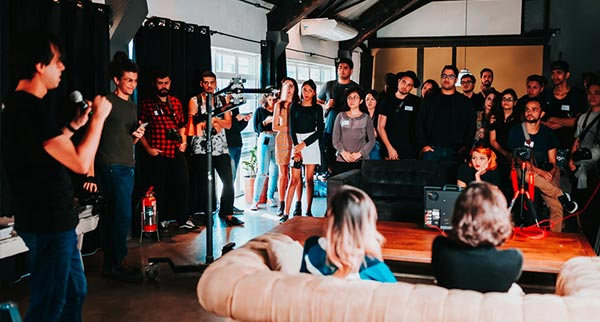
Microcredentials
The City Science Lab @ Guadalajara and the University of Concepción will be working together to deliver a series of micro-courses in Greater Concepción communities, with AI as a cross-cutting theme.
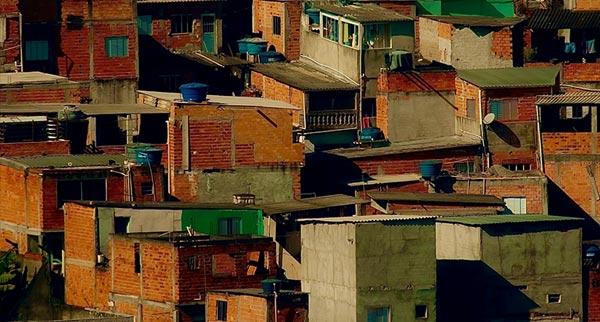
Informal settlements
Exploring with City Science Lab @ Hamburg and City Science Lab @ Israel how we can better understand the urban dynamics of informal settlements and improve living conditions.
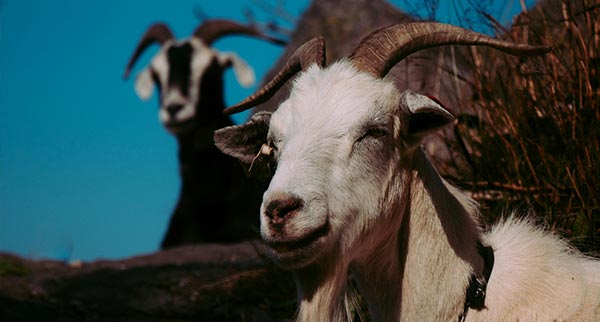
Wildfire prevention
Using strategic grazing as an exploratory method, City Science Labs @ Shanghai and @ Andorra will collaborate with Buena Cabra to explore how goats can support and enhance wildfire prevention.
